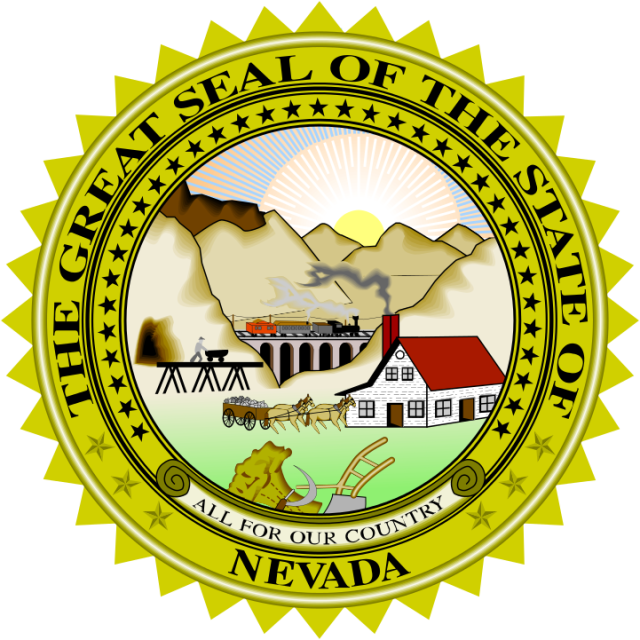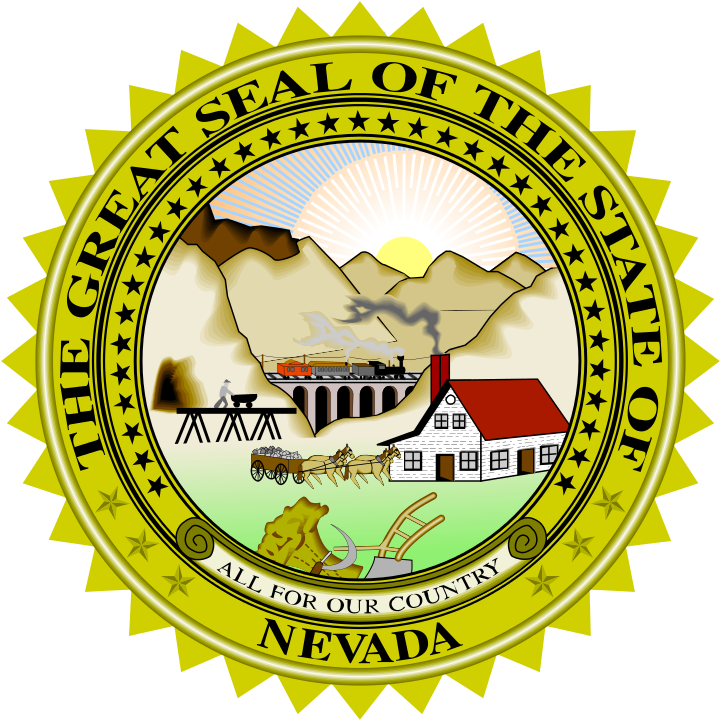If another candidate is going to beat out Donald Trump for the Republican presidential nomination, he’d better move fast. Yesterday’s Nevada caucuses showed that Trump can break the alleged 30 percent barrier and win just about every demographic group in the GOP — whites and Hispanics, rich and poor, well-educated and ill-, moderate and conservative, non-evangelical and, yes, evangelical.
Speaking of the latter, there’s been a certain amount of head-scratching about them this election season. How can a group of voters supposedly concerned about social issues and desirous of a candidate who shares their values be voting for a thrice-married, non-churchgoing etc. etc. guy like Donald Trump?
It’s a fair enough question, and one that I’ve tried to answer myself, surmising (in the absence of empirical data) that evangelicals in Iowa, who preferred Ted Cruz to Trump, identify in more religious terms than those in other parts of the country, and that frequency of worship attendance may help differentiate Trump-supporting from non-Trump-supporting evangelicals.
But be all that as it may, it doesn’t mean that evangelicals somehow don’t constitute an important and interesting subset of the American voting population. What needs to be kept in mind is that, in political polling, evangelicals are simply the people who, when you ask if they are an evangelical or born-again Christian, answer in the affirmative.
What we know about such people, especially the white ones, is that they are overwhelmingly Republican voters. In 2012, white evangelicals constituted 40 percent of Romney voters but just eight percent of Obama voters.
Naturally, as my friend Art Farnsley pointed out in an RNS column yesterday, there is considerable variation among white evangelicals — just as there is among other religiously defined groups. Jewish voters, who overwhelming prefer Democrats to Republicans, range from Satmar Hasids to secular lefties. Catholic voters mirror the American voting population as a whole — until you divide them into Hispanic (Democrat-leaning) and non-Hispanic (Republican-leaning).
As with a gender gap or an age gap or a worship-attendance (God) gap, what’s of interest is how a given portion of the voting public skews with respect to a given candidate or party. Thus, in Nevada, Trump won evangelicals handily but slightly underperformed with them as compared to non-evangelicals, taking 41 percent of the former versus 50 percent of the latter.
The problem for third-place Cruz was not merely that he lost the evangelicals to Trump but that he barely got a bigger share of them than second-place Marco Rubio, despite having by far the best evangelical credentials in the field. If, instead of winning 26 percent of evangelicals to Rubio’s 25 percent, he had won them by the 34-percent-to-23-percent margin that he won those who described themselves as “very conservative,” he would have tied Rubio for second place and the story line this morning would be significantly different.
In South Carolina, evangelicals voted 33 percent for Trump, 27 percent for Cruz, and 22 percent for Rubio. As we head towards the Southern Super Tuesday primaries, Cruz needs to do better than that.







